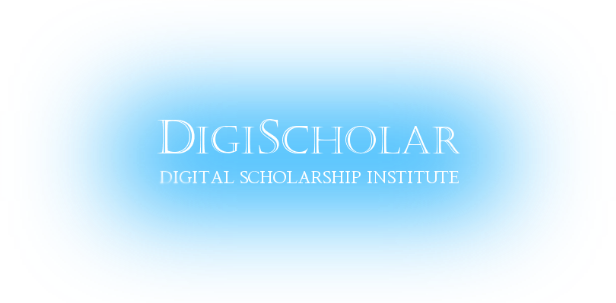VISION
The Digital Scholarship Institute researches cutting-edge issues of technology and fundamental rights in the digital environment. The Institute studies new processes of norm-setting in the context of balancing rights among free speech, privacy, intellectual property and other fundamental interests online.
Research
Key areas of focus are:
1) Platform Liability
2) Free Speech Issues and Internet Regulation
3) IP Issues in AI and Blockchain
4) Gender Equality Online, Search Engine and Algorithmic Bias.
Statement of Principles
In conducting its research, the Digital Scholarship Institute maintains a commitment to the following principles:
1. Openness and Accessibility:
2. Transparency and Accountability:
Transparency and accountability are essential to good governance, as well as to the responsible use and regulation of digital technologies and their ethical development, particularly in light of a growing reliance on automation, algorithmic decision-making and artificial intelligence.
3. Equality, Diversity and Inclusion:
An overarching commitment to equality, diversity and inclusion must guide norm-setting in digital contexts, including by illuminating systemic biases, areas of disproportionate advantage or disadvantage, and sources of exclusion that prevent equal enjoyment of the digital environment on the basis of factors such as gender, race, sexual orientation, age, religion and economic status.
4. Participation and Dialogue:
One of the primary benefits flowing from digital technologies has been the facilitation of public participation in open and engaged dialogue; the social values of participatory culture, expressive freedom, discursive engagement and the democratization of public dialogue should inform norm-setting in digital contexts.
5. Education and Empowerment:
Digital technologies enable the flow of knowledge and ideas across social, cultural and geographical boundaries, creating new opportunities for information-sharing, education and empowerment, which should be supported and encouraged as a matter of principle.
